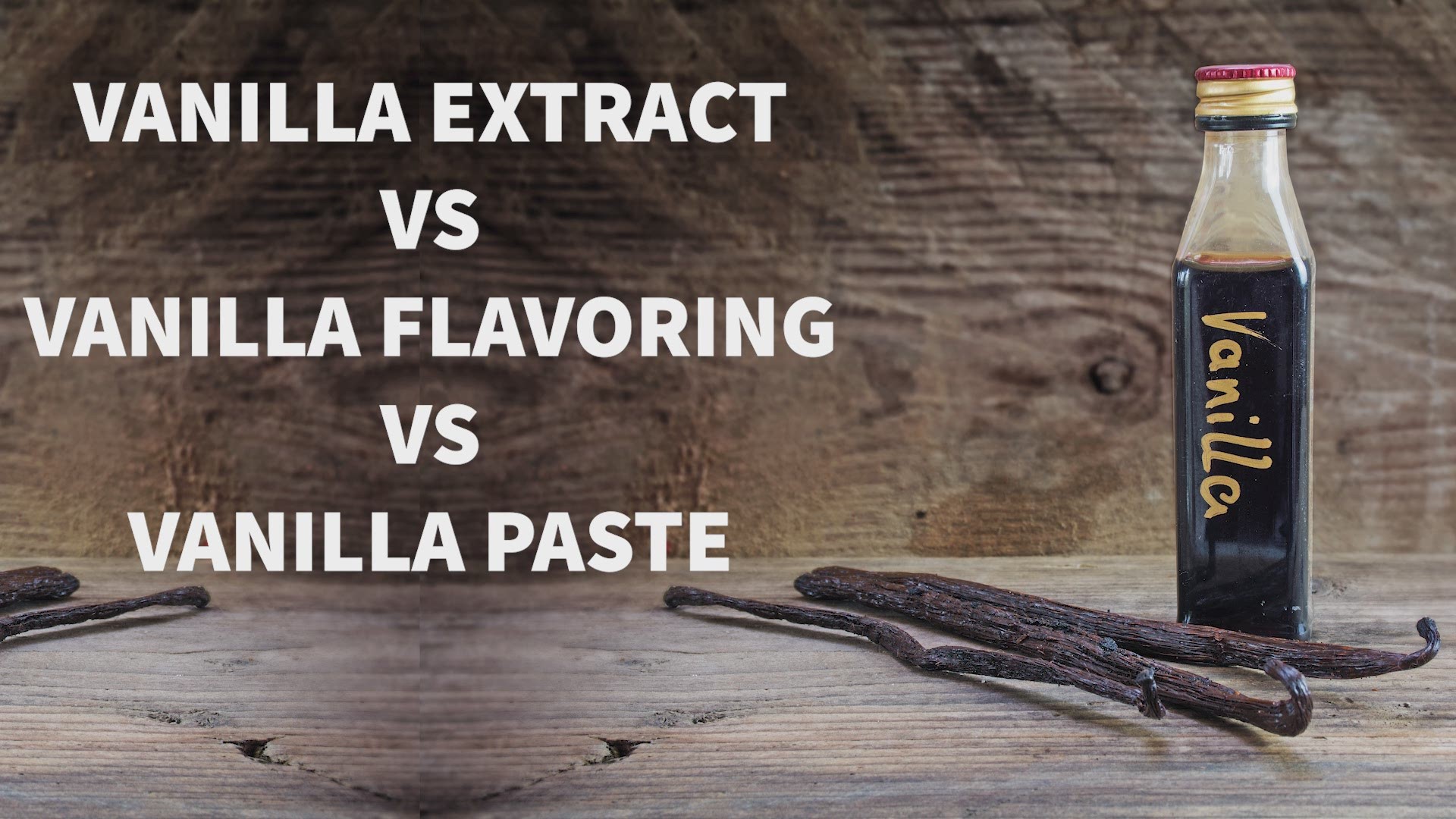HOMESTEAD, Fla. — After the world realized COVID-19 was going to be around for a while, a lot of people took the opportunity to improve their cooking and baking skills.
And, the proof is in the pudding -- some global food companies saw an increase in sales of their seasonings and spices. One spice, in particular, has been in popular demand: vanilla extract.
Vanilla extract, vanilla paste, vanilla flavorings and even vanilla ice cream wouldn’t be possible without vanilla pods and their beans. Nearly 80 percent of the world’s vanilla comes from small family farms in Madagascar, followed by Comoros, India, Indonesia, Mexico, and Uganda.
Unfortunately, catastrophic storms put the tropical East African plant at risk, causing a worldwide shortage.
South Florida Solution
Scientists and researchers from the University of Florida are working on cultivating vanilla beans in the Sunshine State. Scientists at the UF Institute of Food and Agricultural Sciences developed a tool to unlock the genetic traits of the vanilla bean.
In collaboration with the team at Elo Life Systems, a North Carolina-based food and agriculture company, Alan Chambers, a tropical plant geneticist at UF/IFAS Tropical Research and Education Center, co-led the generation of a “chromosome-scale” sequencing of Vanilla DNA.
Four vanilla species were sequenced from a 300-plus collection at the Homestead research facility.
“The vanilla genome reported in this study will enable accelerated breeding of vanilla pods with improved bean quality, plants with superior disease resilience, and higher yields to support a new, domestic market,” Chambers said.
“This work is the result of a public-private partnership that could revolutionize the multi-billion-dollar vanilla industry potentially producing vanilla pods with minimal reliance on manual labor,” he said.
During a Zoom interview with 10 Tampa Bay, Chambers explained the vanilla plant thrives better in a tropical environment. Currently, growers are sprinkled throughout South Florida.
“You're not going to see massive numbers of mature vines; we're just not there yet. But I have growers on Pine Island, Collier County, Sarasota County, on the south side Miami-Dade, Broward up through Stuart County,” he said.
Now that UF/IFAS scientists unlocked the puzzle to the perfect vanilla bean’s DNA, they hope vanilla crops will thrive for commercial and home growers throughout South Florida.
Chambers explained that while all commercial vanilla plants are vulnerable to a fungal pathogen, related species such as vanilla pompona are resistant to the pathogen and could provide a genetic route to creating a disease-resistant vanilla planifolia.
“If a grower has a cultivar that grows better with fewer chemical inputs and tastes better, that is going to be a premium advantage for South Florida,” Chambers said.
To learn more about Vanilla Cultivation in Southern Florida, click here.
- Pinellas County long-term care facility prepares for COVID-19 vaccines
- Tampa General Hospital nurse among first in Florida to get COVID-19 vaccine
- Electors meeting to formally choose Biden as next president
- White House task force recommends stricter virus measures for Florida
- COVID-19 vaccine shipments begin in historic US effort
- Here's where to see Christmas lights around Tampa Bay
►Breaking news and weather alerts: Get the free 10 Tampa Bay app
►Stay In the Know! Sign up now for the Brightside Blend Newsletter

